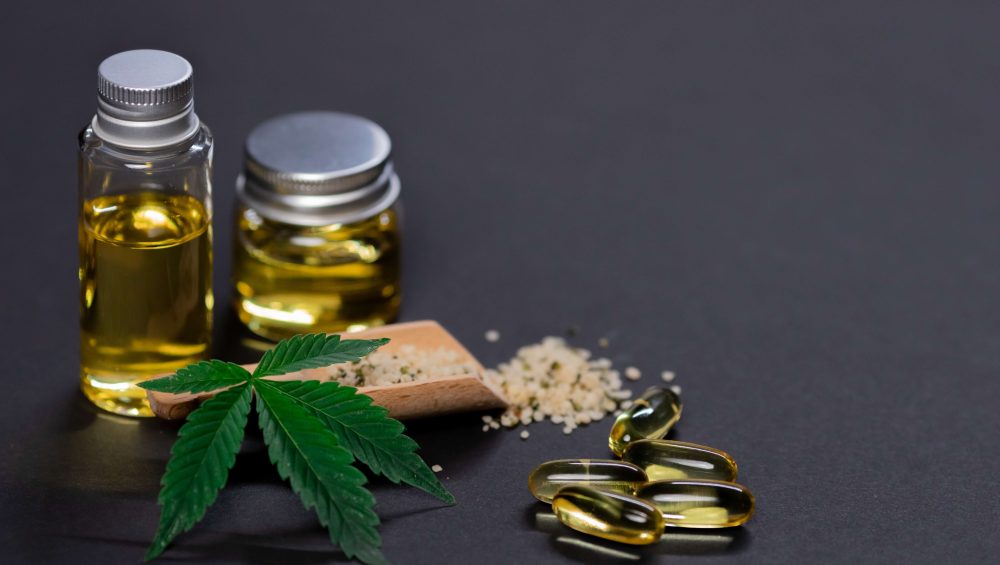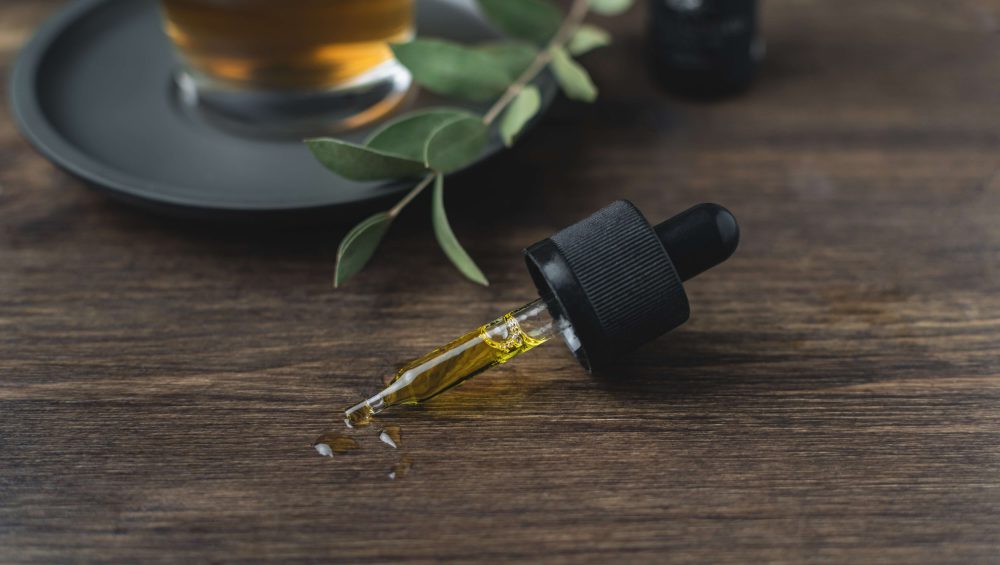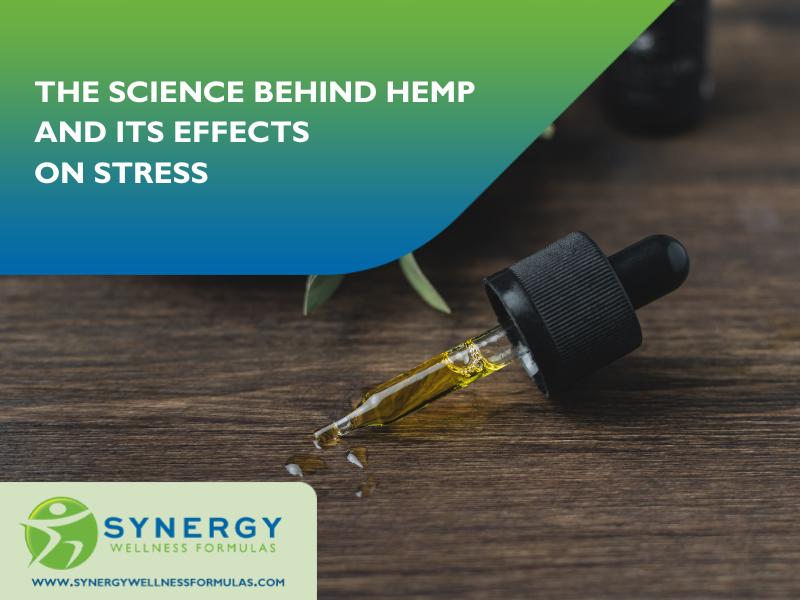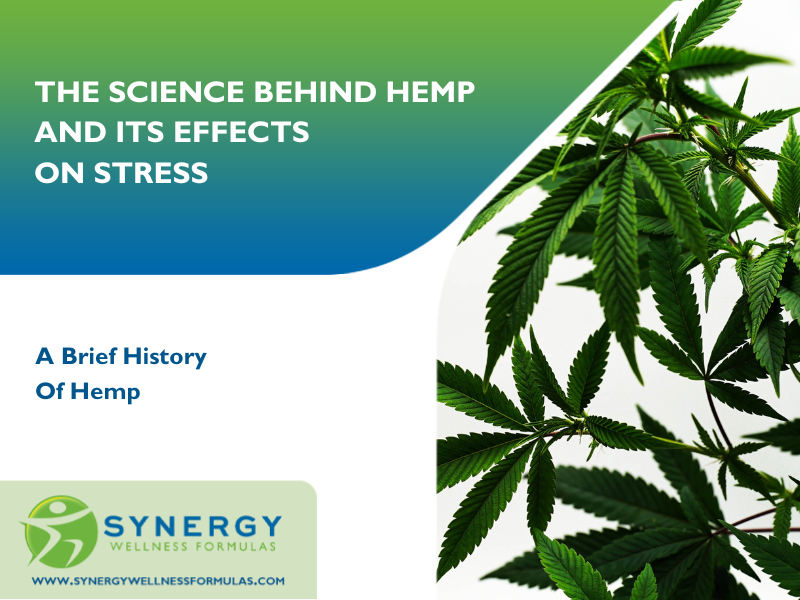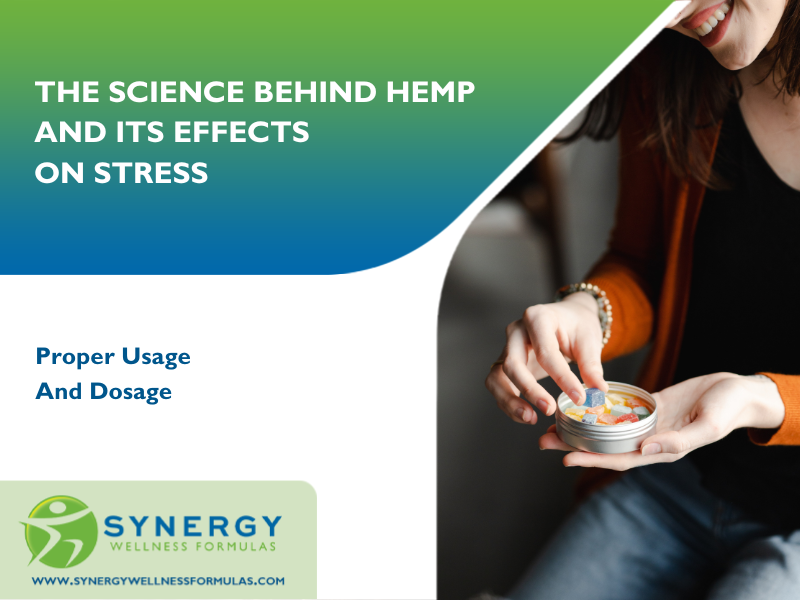Understanding Barriers to Nutrient Absorption in Your Diet
Nutrient absorption is crucial for maintaining optimal health. However, certain barriers can prevent your body from effectively absorbing the nutrients it needs, leading to potential deficiencies and health issues. In this section, we will explore the causes of nutrient malabsorption, the symptoms of poor nutrient absorption, and the relationship between digestive disorders and nutrient absorption.
By understanding these barriers, you can take steps to optimize nutrient absorption and support your overall health.
Key Takeaways:
- Barriers to nutrient absorption can lead to potential deficiencies and health issues.
- Poor nutrient absorption can result from causes such as digestive disorders, poor diet choices, and food intolerances.
- Symptoms of poor nutrient absorption can include fatigue, digestive issues, impaired immune function, and nutrient deficiencies.
- It’s essential to address barriers to nutrient absorption to optimize your body’s ability to absorb and utilize nutrients effectively.
- Consulting with healthcare professionals or making lifestyle changes can help overcome barriers to nutrient absorption.

How Nutrient Absorption Works in the Body
Before diving into the barriers that can hinder nutrient absorption, it’s essential to have a basic understanding of how the process works in the body. Nutrient absorption occurs primarily in the small intestine, which is a long tube-like organ that connects the stomach to the large intestine. The small intestine is responsible for absorbing nutrients from the food we consume and transferring them into the bloodstream to be transported to cells throughout the body.
The process of nutrient absorption begins in the mouth, where enzymes in saliva begin to break down carbohydrates. The food then passes into the stomach, where it is mixed with digestive juices, including hydrochloric acid and enzymes that help to break down proteins and fats. From there, the partially digested food moves into the small intestine, and nutrient absorption occurs.
The inner lining of the small intestine contains tiny finger-like projections called villi, which are covered in even smaller projections called microvilli. These structures increase the overall surface area of the small intestine, allowing for greater nutrient absorption. Nutrients are transported across the intestinal wall and into the bloodstream, where they can be used by the body for various functions.
Overall, nutrient absorption is a complex process that involves various organs and enzymes in the digestive system working together to break down and absorb nutrients from the foods we consume. Understanding this process is crucial to identifying barriers to nutrient absorption and implementing strategies to optimize it.
Factors Affecting Nutrient Absorption
Several factors can affect your body’s ability to absorb nutrients effectively. Understanding these factors can help you identify barriers to nutrient absorption and take proactive steps to mitigate their effects.
Age
As you age, changes in the digestive system, including decreased stomach acid production and reduced enzyme production, can affect nutrient absorption. Older adults may also be more prone to nutrient deficiencies due to decreased appetite and changes in taste and smell.
Medications
Some medications, such as antibiotics, acid-blocking agents, and laxatives, can interfere with nutrient absorption. If you are taking medications long-term, discuss their potential impact on nutrient absorption with your healthcare provider.
Digestive Disorders
Conditions such as celiac disease, inflammatory bowel disease, and irritable bowel syndrome can disrupt nutrient absorption by causing inflammation and damage to the digestive tract. In these cases, it may be necessary to work with a healthcare professional to develop a personalized plan to address nutrient malabsorption.
Gut Health
The health of your gut microbiome can also play a role in nutrient absorption. Beneficial bacteria in your gut help to break down and absorb nutrients from food. Disruptions to the microbiome, such as from antibiotic use or poor diet choices, can negatively impact nutrient absorption.
Food Intolerances
Food intolerances, such as lactose intolerance or gluten sensitivity, can also interfere with nutrient absorption. In these cases, eliminating or reducing the problematic foods from your diet can improve nutrient absorption.
Stress
Chronic stress can affect nutrient absorption by disrupting the digestive system’s normal functioning. Stress can slow down digestive processes, reduce stomach acid production, and alter gut motility, all of which can impair nutrient absorption.
Physical Inactivity
Regular physical activity can help optimize nutrient absorption by improving digestive function and promoting bowel regularity. A sedentary lifestyle, on the other hand, can contribute to constipation and reduced nutrient absorption.
Genetics
Some individuals may have genetic variations that affect nutrient absorption, such as mutations in genes involved in vitamin D metabolism or iron absorption. If you suspect you may have a genetic predisposition to nutrient malabsorption, discuss this with a healthcare professional.

Common Barriers to Nutrient Absorption
There are various barriers that can prevent your body from effectively absorbing nutrients from the foods you consume, leading to nutrient absorption problems and causes of nutrient malabsorption. By identifying these barriers, you can take steps to address them and optimize your nutrient absorption. Here are some of the most common barriers:
| Barrier | Description |
|---|---|
| Poor Diet Choices | Consuming a diet that is high in processed foods, refined sugars, and unhealthy fats can inhibit the absorption of essential nutrients. |
| Food Intolerances | Intolerances to certain foods can lead to inflammation in the digestive system, hindering the absorption of nutrients. |
| Inadequate Enzyme Production | Enzymes are needed to break down food and facilitate nutrient absorption. Insufficient enzyme production can impede this process. |
| Intestinal Disorders | Conditions such as irritable bowel syndrome, Crohn’s disease, and celiac disease can damage the intestinal lining, reducing the ability to absorb nutrients. |
Addressing these barriers may require modifications to your diet and lifestyle habits. A balanced diet that includes a variety of nutrient-rich whole foods can help provide the necessary vitamins and minerals for your body. Additionally, identifying and avoiding food intolerances can reduce inflammation in the digestive system. Supplementation with digestive enzymes may also support nutrient absorption.
For those with digestive disorders, working with a healthcare professional to manage their condition can reduce damage to the intestinal lining and promote better nutrient absorption.
By overcoming these common barriers, you can ensure that your body is effectively absorbing the nutrients it needs to support overall health and wellness.
Symptoms of Poor Nutrient Absorption
When your body is not absorbing nutrients effectively, you may experience a range of symptoms that can impact your overall health and well-being. Here are some of the common symptoms associated with poor nutrient absorption:
- Fatigue: You may feel tired or sluggish despite getting adequate sleep and rest.
- Digestive issues: You may experience bloating, gas, diarrhea, constipation, or other digestive discomforts.
- Impaired immune function: Poor nutrient absorption can weaken your immune system, leaving you vulnerable to infections and illnesses.
- Nutrient deficiencies: When your body cannot absorb enough of certain nutrients, you may experience deficiencies that can lead to a range of health issues.
If you are experiencing any of these symptoms, it is essential to address potential barriers to nutrient absorption and seek professional guidance if necessary to support your overall health.
The Role of Digestive Disorders
Digestive disorders can significantly impact nutrient absorption and overall health. Conditions such as celiac disease, Crohn’s disease, and irritable bowel syndrome can damage the intestinal lining and reduce the body’s ability to absorb essential nutrients.
For individuals with celiac disease, the ingestion of gluten can trigger an autoimmune reaction that damages the small intestine. This damage can lead to malabsorption of critical nutrients like iron, calcium, and vitamin D.
Similarly, Crohn’s disease can cause inflammation and scarring in the gastrointestinal tract. This inflammation can impair nutrient absorption and lead to nutrient deficiencies, such as vitamin B12 and vitamin D.
Irritable bowel syndrome can also affect nutrient absorption. People with IBS may experience bloating, diarrhea, or constipation, which can interfere with the absorption of key nutrients.
Working with a healthcare professional, such as a gastroenterologist, can help individuals with digestive disorders better understand the impacts their condition can have on nutrient absorption.

Optimizing Nutrient Absorption
Optimizing nutrient absorption is crucial for maintaining optimal health. Fortunately, there are many ways to improve your body’s ability to absorb and utilize nutrients from the foods you eat.
One key strategy is to consume a balanced diet rich in whole, nutrient-dense foods. This means including a variety of fruits, vegetables, lean proteins, and healthy fats in your meals. You can also optimize nutrient absorption by properly preparing and cooking your food. For example, cooking methods such as steaming and roasting can enhance nutrient availability compared to boiling or frying.
Supplements can also be a helpful tool for enhancing nutrient absorption, especially for individuals with specific nutrient deficiencies. However, it is important to use supplements in conjunction with a healthy diet and under the guidance of a healthcare professional.
Strategies for Optimal Nutrient Absorption:
- Eat a balanced diet rich in whole, nutrient-dense foods
- Properly prepare and cook your food
- Consider supplementing with specific nutrients under the guidance of a healthcare professional
By optimizing nutrient absorption through these strategies, you can ensure that your body is receiving the essential nutrients it needs to function at its best.
Enhancing Gut Health for Better Nutrient Absorption
Nutrient absorption is largely reliant on gut health. The gastrointestinal tract houses trillions of beneficial bacteria, known as probiotics, that play a significant role in breaking down food and absorbing nutrients. Poor gut health, caused by factors like a high sugar diet, stress, and antibiotic use, can disrupt the gut’s delicate balance and lead to decreased probiotic levels, impaired digestion, and compromised nutrient absorption. By prioritizing gut health, you can improve your ability to absorb and utilize nutrients efficiently.
Here are some tips to enhance your gut health for optimal nutrient absorption:
- Include probiotic-rich foods in your diet. Foods like yogurt, kefir, kimchi, and sauerkraut contain live cultures of beneficial bacteria that can replenish probiotic levels in the gut.
- Consume prebiotic foods. Prebiotics are indigestible fibers that promote the growth of beneficial bacteria in the gut. Foods like garlic, onions, bananas, and asparagus are excellent sources of prebiotics.
- Avoid processed and sugary foods. Sugary and processed foods can disrupt the gut’s delicate balance, leading to overgrowth of harmful bacteria and decreased probiotic levels, causing poor nutrient absorption.
- Manage stress levels. High levels of stress can negatively impact gut health, causing inflammation and disrupting the balance of gut bacteria. Practices like yoga, meditation, and deep breathing can help manage stress levels and promote gut health.
- Stay hydrated. Proper hydration is vital for gut health, as it allows for smooth food passage through the digestive system. Drink plenty of water throughout the day to support digestion and nutrient absorption.
By incorporating these gut-friendly habits into your lifestyle, you can promote optimal nutrient absorption and overall health.

Overcoming Barriers to Nutrient Absorption Through Lifestyle Changes
If you are experiencing poor nutrient absorption, there are several ways to improve the absorption process through simple lifestyle changes. Here are some tips:
- Manage stress: Chronic stress can negatively impact digestive health and nutrient absorption. Try stress-reducing techniques like meditation, deep breathing, or yoga.
- Get adequate sleep: Lack of sleep can affect the body’s ability to absorb and utilize nutrients. Aim for seven to eight hours of sleep per night.
- Engage in regular physical activity: Exercise can improve digestion and support gut health, which can enhance nutrient absorption. Try to incorporate regular physical activity into your routine.
Additionally, making dietary changes can also optimize nutrient absorption. Here are some tips:
- Eat a balanced diet: A diet that is rich in a variety of nutrient-dense foods can enhance nutrient absorption. Include a variety of fruits, vegetables, whole grains, lean protein, and healthy fats in your diet.
- Proper food preparation: Cooking methods can impact nutrient availability. Try steaming, boiling, or roasting your vegetables instead of frying them.
- Consider supplements: If you are not getting enough nutrients from your diet, supplements can help fill any gaps. Talk to your healthcare provider before taking any supplements.
By making these lifestyle changes, you can support your body’s ability to absorb and utilize nutrients effectively and improve your overall health.
Seeking Professional Guidance for Nutrient Absorption Issues
While there are strategies you can implement on your own to optimize nutrient absorption, there may be times when professional guidance is necessary. If you are experiencing persistent nutrient absorption problems, consulting with a registered dietitian or gastroenterologist can help identify underlying causes and develop a personalized plan for improvement.
If you are taking medications that may interfere with nutrient absorption, it is also essential to speak with your healthcare provider. They may be able to adjust the dosage or recommend alternative medications to mitigate the effects on nutrient absorption.
Remember, addressing barriers to nutrient absorption is crucial for maintaining optimal health. Seeking professional guidance can provide additional support and guidance for overcoming these challenges and achieving your health goals.
The Impact of Medications on Nutrient Absorption
If you are taking medications, it is essential to be aware of their potential impact on nutrient absorption. Some medications may hinder the body’s ability to absorb nutrients effectively and lead to nutrient malabsorption.
Antibiotics, for instance, can disrupt the gut microbiome by killing both beneficial and harmful bacteria, leading to imbalanced gut health and reduced nutrient absorption. Similarly, acid-suppressing medications may reduce the absorption of certain vital nutrients, such as calcium, magnesium, and vitamin B12, which can lead to deficiencies over time.
Other medications, such as laxatives, may interfere with nutrient absorption by increasing transit time in the gastrointestinal tract, leading to reduced nutrient absorption. Some medications can also bind with nutrients and prevent their absorption, such as iron supplements and certain cholesterol-lowering drugs.
If you are concerned about the impact of medications on your nutrient absorption, speak with your healthcare provider. They may suggest taking supplements or making diet changes to offset any nutrient deficiencies caused by medications.
Remember, it is crucial to continue taking any prescribed medications as directed by your healthcare provider. Never stop taking medication without consulting with them first.

Nutrient Absorption and Aging
As you age, your body undergoes various physiological changes that can impact nutrient absorption. The digestive system can become less efficient in breaking down and absorbing nutrients, leading to potential nutrient deficiencies. Age-related medication use can also contribute to nutrient malabsorption.
However, there are steps you can take to support optimal nutrient absorption as you age. Ensuring a balanced diet that includes nutrient-dense foods is key. Additionally, incorporating gut-friendly foods like probiotics can promote gut health and improve nutrient absorption.
Staying physically active and managing stress can also aid in optimizing nutrient absorption. Engaging in regular exercise and relaxation techniques like yoga or meditation can support overall digestive health.
Ultimately, it’s important to work with a healthcare professional to assess any nutrient absorption issues and develop personalized strategies for improvement.
Supporting Nutrient Absorption for Optimal Health
To support optimal nutrient absorption, it is crucial to address the barriers that may be hindering your body’s ability to absorb and utilize the nutrients it needs. Here are some key strategies to optimize nutrient absorption:
Focus on Gut Health
Good gut health is essential for optimal nutrient absorption. Incorporating gut-friendly foods into your diet, such as probiotics, can help support healthy gut bacteria and improve nutrient absorption. Fermented foods like kefir, yogurt, and sauerkraut are excellent sources of probiotics.
Optimize Your Diet
Eating a well-balanced diet that includes a variety of nutrient-dense foods is essential for optimal nutrient absorption. Focus on incorporating foods rich in vitamins and minerals, such as leafy greens, colorful fruits and vegetables, and whole grains.
Consider Supplementing
If you struggle with nutrient absorption, supplements may be a helpful addition to your routine. Consult with your healthcare provider to determine which supplements may be right for you.
Manage Stress
Stress can negatively impact nutrient absorption. Engaging in stress-management techniques, such as meditation, yoga, or deep breathing exercises, can help support optimal nutrient absorption.
Get Adequate Sleep
Adequate sleep is crucial for overall health and can impact nutrient absorption. Aim to get 7-8 hours of sleep each night to support optimal nutrient absorption.
Engage in Regular Physical Activity
Regular physical activity can support healthy digestion and nutrient absorption. Aim to engage in at least 30 minutes of moderate-intensity exercise most days of the week.
By implementing these strategies, you can support optimal nutrient absorption, ensuring that your body is getting the nutrients it needs for optimal health and well-being.

Conclusion
In conclusion, understanding the barriers to nutrient absorption is crucial for achieving optimal health. By recognizing the factors that can hinder nutrient absorption and implementing strategies to address them, you can optimize your body’s ability to absorb and utilize the nutrients it needs.
Remember, poor nutrient absorption can lead to a range of health issues, including fatigue, digestive problems, impaired immune function, and nutrient deficiencies. However, by incorporating a balanced diet, proper food preparation techniques, and supplements, you can enhance your body’s ability to absorb nutrients effectively.
Moreover, supporting gut health through the consumption of probiotics and gut-friendly foods can help improve nutrient absorption. Lifestyle changes such as managing stress, getting adequate sleep, and engaging in regular physical activity can also positively impact nutrient absorption.
If you are experiencing nutrient absorption problems, seeking professional guidance from healthcare professionals such as registered dietitians or gastroenterologists can help identify underlying causes and develop personalized strategies for improvement.
In conclusion, take proactive steps to overcome barriers to nutrient absorption and enjoy the benefits of a well-absorbed, nutrient-rich diet. Remember, your health is in your hands.
FAQ
What are the barriers to nutrient absorption in your diet?
The barriers to nutrient absorption in your diet can include causes of nutrient malabsorption, poor nutrient absorption symptoms, and digestive disorders that can hinder the absorption of nutrients.
How does nutrient absorption work in the body?
Nutrient absorption works in the body through the gastrointestinal tract and the small intestine. These organs play a vital role in absorbing nutrients from the foods we consume.
What factors can affect nutrient absorption?
Various factors can affect nutrient absorption, including age, certain medications, digestive disorders, and gut health.
What are the common barriers to nutrient absorption?
Common barriers to nutrient absorption can include poor diet choices, food intolerances, inadequate enzyme production, and intestinal disorders.
What are the symptoms of poor nutrient absorption?
Symptoms of poor nutrient absorption can include fatigue, digestive issues, impaired immune function, and nutrient deficiencies.
How are digestive disorders related to nutrient absorption?
Digestive disorders such as celiac disease, Crohn’s disease, and irritable bowel syndrome can disrupt the absorption of essential nutrients in the body.
How can you optimize nutrient absorption?
You can optimize nutrient absorption by maintaining a balanced diet, using proper food preparation techniques, and considering the use of supplements.
How does gut health affect nutrient absorption?
Gut health plays a crucial role in nutrient absorption, and incorporating beneficial gut bacteria through probiotics can support optimal absorption.
What lifestyle changes can improve nutrient absorption?
Managing stress, getting adequate sleep, and engaging in regular physical activity are lifestyle changes that can improve nutrient absorption.
When should you seek professional guidance for nutrient absorption issues?
It may be necessary to consult with healthcare professionals, such as registered dietitians or gastroenterologists, if you experience specific nutrient absorption problems.
How do medications impact nutrient absorption?
Certain medications can interfere with nutrient absorption, and it is important to understand their impact and mitigate any potential effects.
How does aging affect nutrient absorption?
Aging can affect nutrient absorption due to age-related changes in the digestive system. Optimizing nutrient absorption becomes particularly important for older adults.
How can you support nutrient absorption for optimal health?
By addressing barriers to nutrient absorption and following the strategies discussed, you can optimize nutrient absorption for improved overall health.
What are the key takeaways in supporting nutrient absorption?
The key takeaways in supporting nutrient absorption include recognizing barriers, implementing strategies to overcome them, and prioritizing a well-absorbed nutrient-rich diet.
What is the conclusion regarding barriers to nutrient absorption?
Understanding barriers to nutrient absorption is crucial for achieving optimal health. By addressing these barriers, you can optimize your body’s ability to absorb and utilize the nutrients it needs.



















































